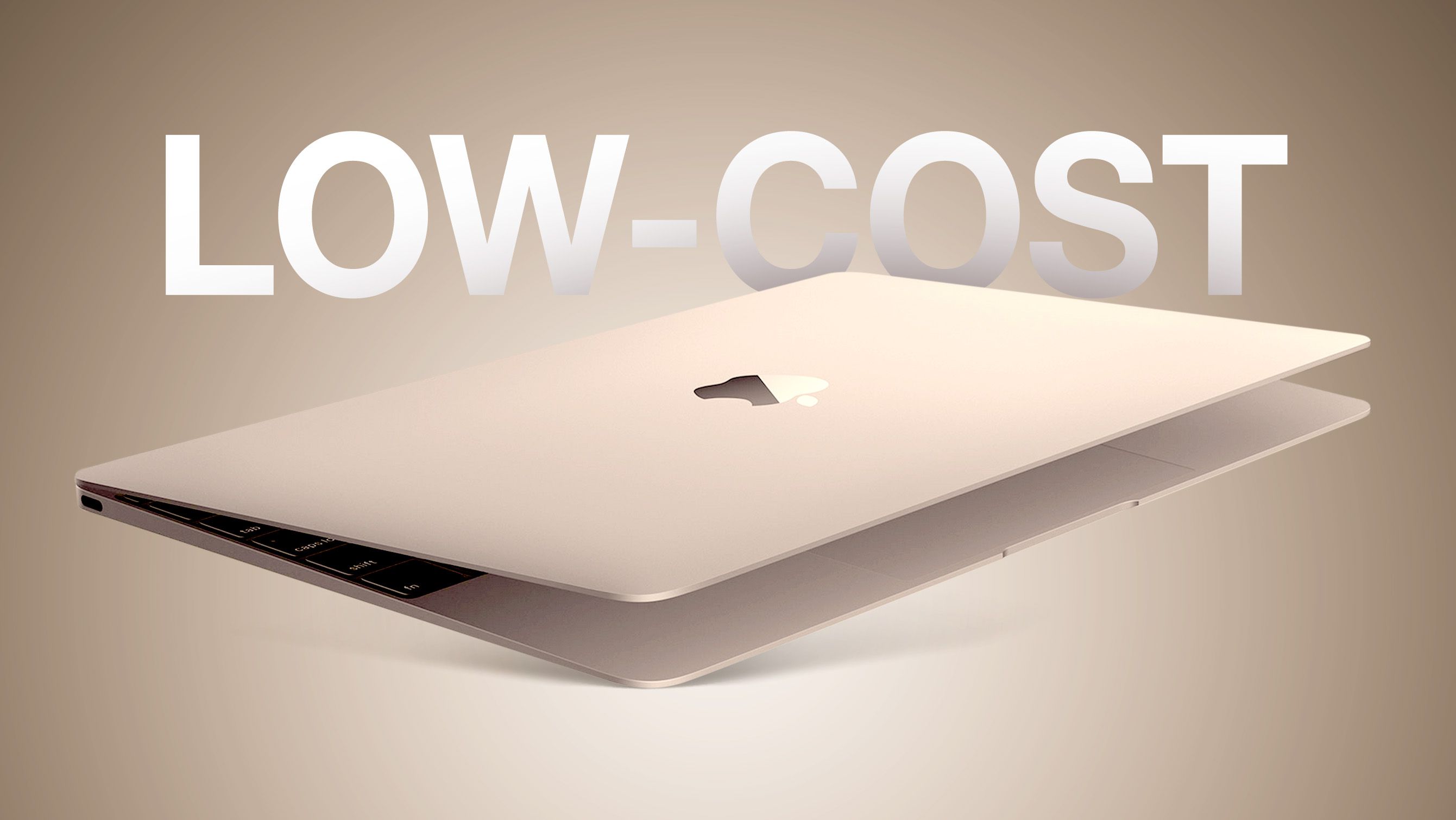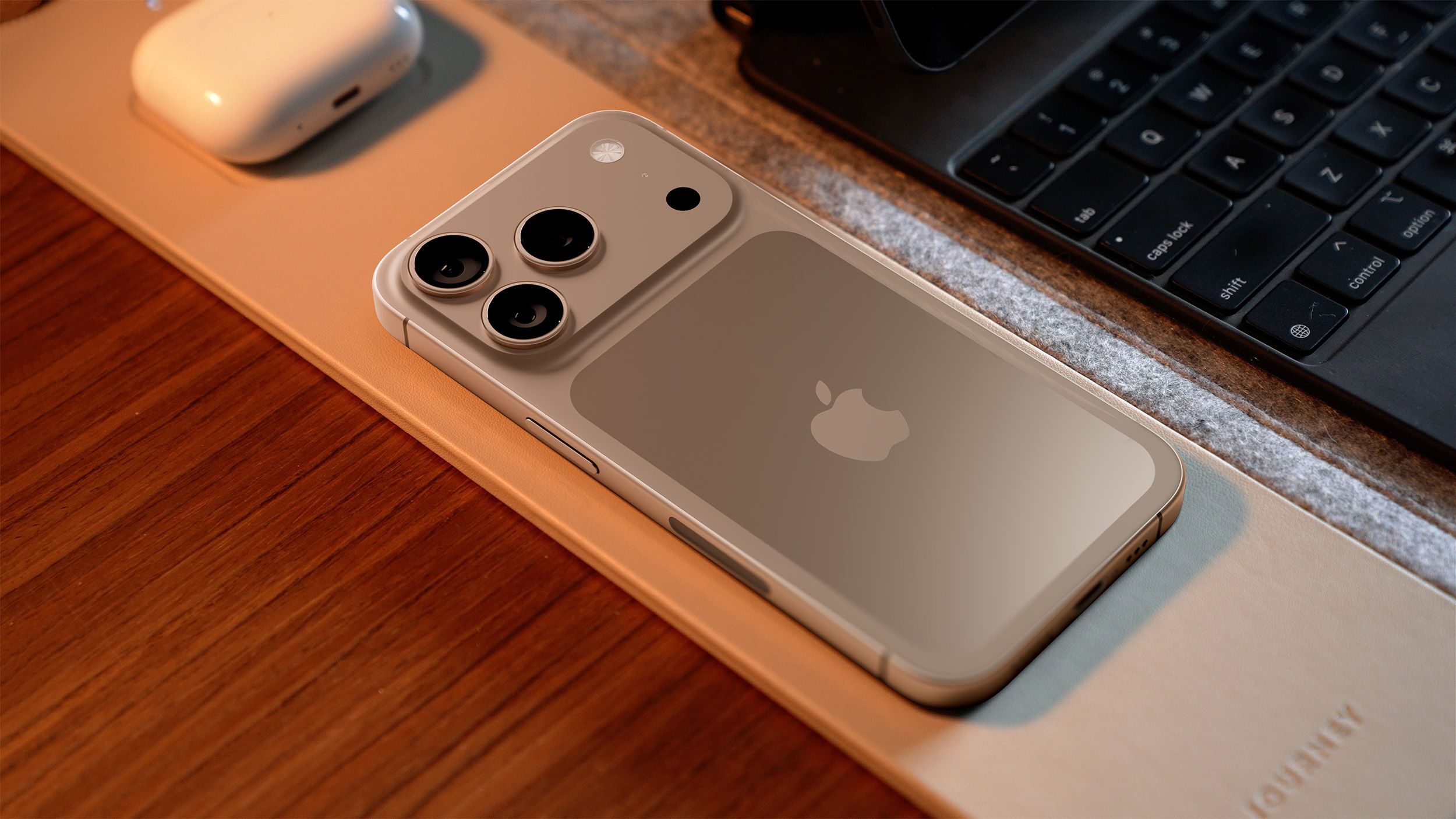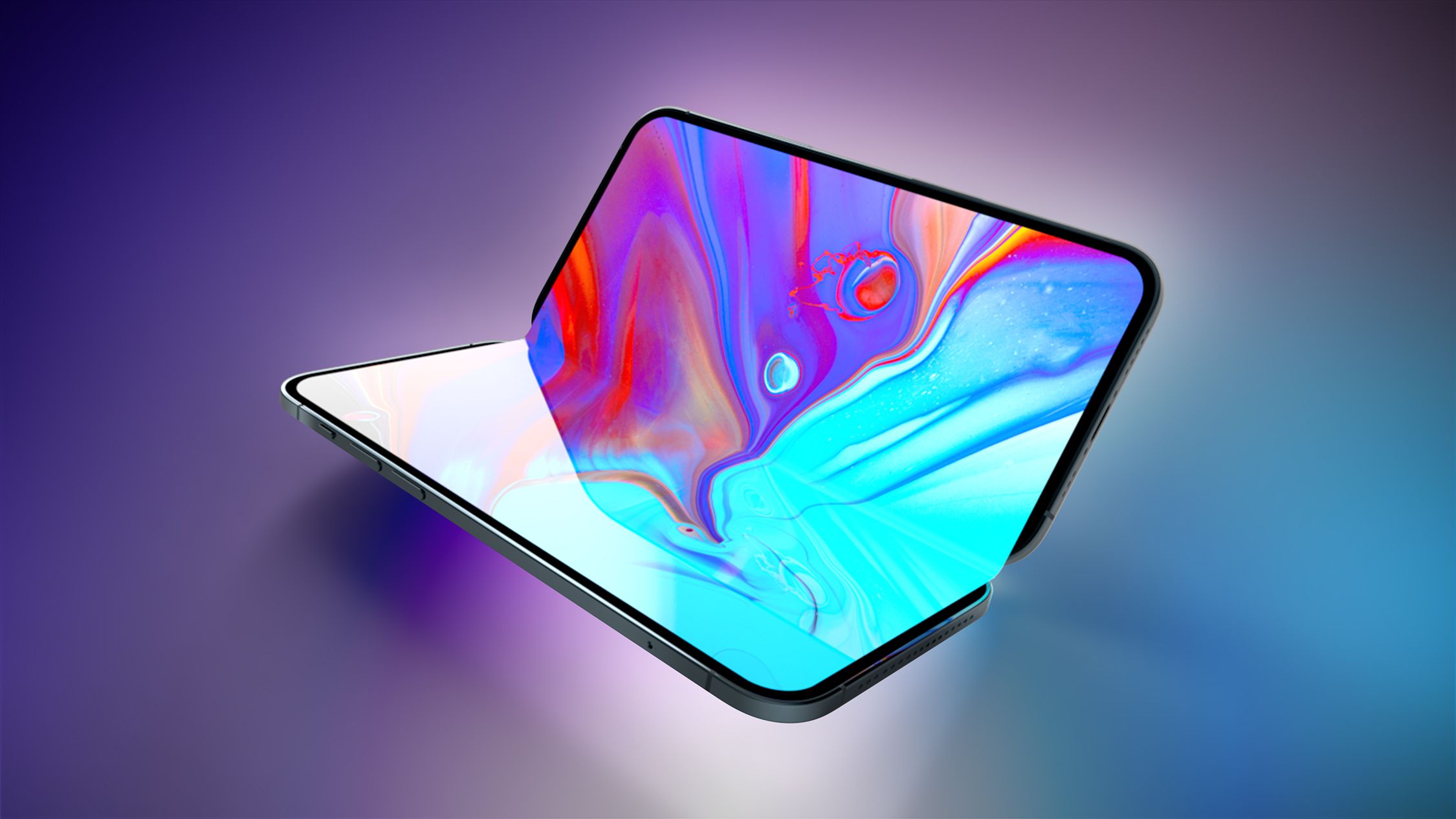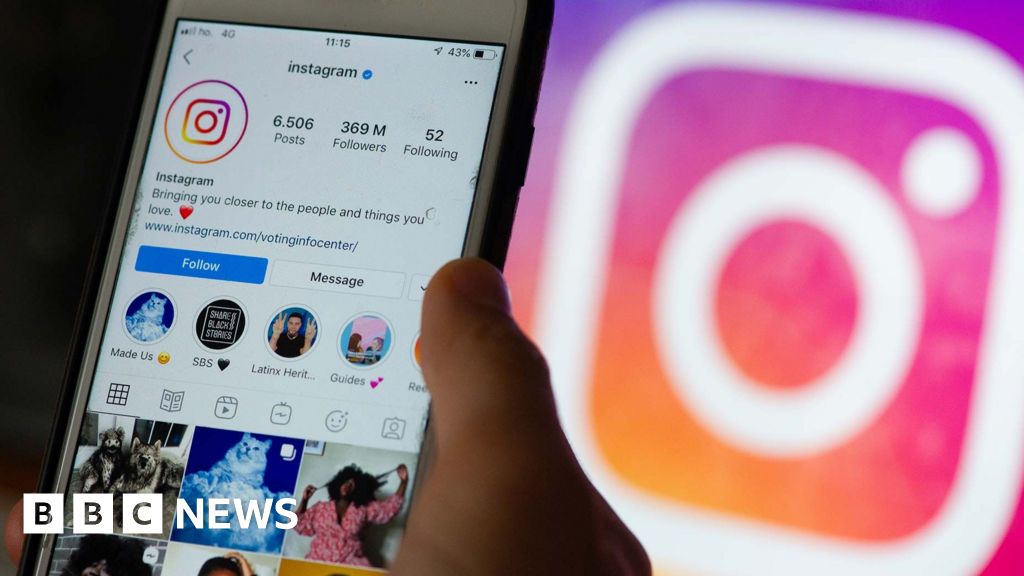iPhone 17 Pro: A New Color Strategy

Introduction
After two years of releasing titanium iPhone Pro models and many more years of using stainless steel, Apple is rumored to be changing their Pro color strategy with the release of the iPhone 17 Pro. This change could have a significant impact on the overall aesthetic of the device and how it is perceived by consumers.
Key Details
Rumors suggest that the iPhone 17 Pro will come in a new color option that has never been seen before on an iPhone - matte black. This would be a major departure from Apple's usual color choices for their Pro models and could potentially attract a new audience. Additionally, the matte black color could also be more durable and resistant to scratches, making it a popular choice for those who prioritize functionality over appearance.
Impact
The potential change in color strategy for the iPhone 17 Pro could have a significant impact on Apple's sales and market share. By offering a new and unique color option, they could attract a wider range of customers and increase their overall sales. Additionally, the matte black color could also appeal to professionals and creatives who prioritize a sleek and sophisticated look, potentially solidifying the Pro model's position as a high-end device.
About the Organizations Mentioned
Apple
Apple Inc. is a leading American multinational technology company known for pioneering personal computing, mobile devices, and software ecosystems. Founded in 1976 by Steve Jobs and Steve Wozniak, Apple revolutionized technology with the first commercially successful personal computer and mainstream adoption of the graphical user interface (GUI), setting new standards in product design, user experience, and seamless integration across devices[2]. Headquartered in Cupertino, California, Apple’s product lineup includes the iPhone, iPad, Mac computers, Apple Watch, AirPods, and services such as the App Store, Apple Music, and iCloud. The company has built a vast ecosystem that enables third-party developers to expand product functionalities, strengthening its market dominance. Apple is widely recognized for its innovation in hardware, software, and services, with an emphasis on aesthetics and privacy. In 2025, Apple committed to its largest-ever investment initiative, pledging $600 billion over four years in the United States to boost manufacturing, research and development, and advanced technology sectors like artificial intelligence (AI) and silicon engineering[1][3]. This includes new manufacturing facilities, expanded R&D centers, and a program called the American Manufacturing Program (AMP) to encourage domestic production of critical components. These efforts support over 450,000 U.S. jobs and aim to establish a robust supply chain within the country[3]. Financially, Apple remains a powerhouse with a market capitalization of $3.84 trillion and annual revenue exceeding $400 billion. However, in 2025, it faced challenges including a 19% decline in stock value, intensified regulatory scrutiny from the U.S. Department of Justice over antitrust issues, legal disputes related to the App Store, and competitive pressure in AI technology[1][2]. Despite these hurdles, Apple continues to innovate, recently updating its software platforms with a unified "Liquid Glass" design and expanding its AI-driven personal assistant, Apple Intelligence[1]. Under CEO Tim Cook’s leadership, Apple balances technological advancement


















